
Within the extensive world of healthcare and clinical studies, the term ‘placebo’ is frequently used, yet often misunderstood. Placebo treatments, their appurtenant effects and their utilisations within the spectrum of medicine present many intriguing aspects of human physiology and psychology. This article attempts to untangle the intricacies of placebos, their types, how they work, their role in clinical trials, and their implications on healthcare, supplemented by a brief FAQ section including common queries on the subject.
Introduction to Placebo
Definition and Meaning of Placebo
A placebo, derived from the Latin word meaning ‘I shall please’, is a pharmaceutically inert treatment that may induce mental or physical benefits to the patient. In most cases, placebos don’t have any therapeutic value. Nevertheless, patients might perceive an improvement in their health condition owing to their beliefs or expectations on the treatment effects.
Origins and Historical Use of Placebos
Placebo usage can be traced back to ancient times when physicians used to speak to their patients in soothing tones or prescribed simple and essentially ineffectual treatments to ease their anxiety and discomfort. Over time, placebos were gradually recognized and accepted as an integral part of various clinical trials and research studies.
The Science behind Placebo
Explanation of the Placebo Effect
The placebo effect is a profound psychological reaction occurring in which a placebo treatment leads to actual, beneficial effects on a patient’s health condition. It is a manifestation of the mind’s ability to influence the body’s functioning, often as a result of the patient’s faith in the treatment or the healthcare provider.
Research & Studies on the Placebo Effect
Research on the placebo effect delineates a strong correlation between the individual’s psychological state and the body’s response to treatments. Studies show the brain releasing endorphins, the body’s natural painkillers, when a patient takes a placebo, thus explaining the often, surprising effectiveness of placebo treatments.
Types of Placebos
Inert Placebos
Inert placebos are substances without active pharmacological properties, typically used as controls in clinical trials. They are commonly made from sugar, saline solution, or starch.
Active Placebos
On the contrary, active placebos do have pharmacologically active properties but are ineffective for the condition under study. Used to mimic the side effects of the actual drug being studied, they aim to ensure that the patient’s knowledge of potential side effects doesn’t influence the perceived effectiveness of the treatment.
Verum Placebos
Verum placebos are genuine treatments used in unblinding studies to compare the effects side by side with the treatment under examination.
Functional MRI and Placebos
Functional Magnetic Resonance Imaging (fMRI) offers an avenue for investigating neural correlates of the placebo effect. It records changes in brain activity in response to placebos, illuminating the neural pathways involved in the placebo effect.
Get to know us better
If you are reading this, you are in the right place – we do not care who you are and what you do, press the button and follow discussions live

Placebo in Clinical Trials
Role of Placebos in Clinical Research
Placebos play a crucial role in clinical trials, acting as a control group to assess the effectiveness and side effects of a new treatment or drug.
Placebo-Controlled Studies
In placebo-controlled studies, participants are randomly assigned to receive either the treatment being studied or a placebo. An improvement in the placebo group, contrasted with the treatment group, provides an evaluation of the effectiveness of the therapy studied.
Ethical Considerations
Despite its significance, placebo usage in studies also invites ethical debates, particularly when an effective treatment already exists for the condition being studied. Ensuring voluntary and informed consent from the participant is paramount before using placebos.
The Placebo Effect on Healthcare
Implications of the Placebo Effect on Patient Care
The placebo effect can significantly affect patient care. A positive interaction with the healthcare provider can imitate the placebo effect, amplifying the perceived effectiveness of a treatment.
Case Studies of the Impact of Placebos
Case studies further testify to the potency of placebos. Quite often, patients experience significant improvements even when unknowingly subjected to placebo treatments, thus highlighting the strength of mind over matter.
Managing Expectations: Placebo and Nocebo Effects
Similar to the placebo effect, the nocebo effect happens when a patient’s negative expectations lead to deteriorating symptoms. Awareness and careful management of both placebo and nocebo effects are important for healthcare providers.
Conclusion
The Future of the Placebo Effect
In the evolvement of patient-centric healthcare, the understanding and strategic use of the placebo effect will play a vital role. While respecting ethical boundaries, healthcare providers can harness this to improve patient satisfaction and overall health outcomes.
Understanding the Scope and Limitations of Placebos
Deeper comprehension of placebos’ scope and limitations will help ensure their appropriate usage. They are powerful tools in the hands of science but are not replacements for robust evidence-based treatments.
The world of placebos and the placebo effect, undoubtedly fascinating, continues to be an area of extensive exploration and research, bearing the potential to revolutionize our understanding of medicine’s interplay with the human mind.
Frequently Asked Questions on Placebo
- What are the potential benefits and drawbacks of using placebos in medical treatment?
Placebos can be beneficial as they rely on the power of suggestion and mind-body interaction. They help manage symptoms, especially those linked to stress and anxiety. However, a key drawback is that it can undermine patients’ trust if they discover they’ve been given a placebo without their knowledge.
- How does the placebo effect influence the outcomes of clinical trials?
The placebo effect can complicate the interpretation of trial results, as improvements may be attributable to the placebo effect rather than the intervention itself.
- Can placebo treatments be considered ethical?
It depends on the specific context. If a placebo is administered without deceiving the patient and does not deprive them of necessary treatment, it can be ethical.
- What are the different types of placebos used in research?
Inert, active, and verum placebos are commonly used in research. The type of placebo used depends on the nature of the trial and the condition being studied.
- How does a patient’s psychology influence the power of placebos?
The patient’s belief in the treatment’s efficacy can significantly enhance the placebo effect. The psychological state directly influences physical health.






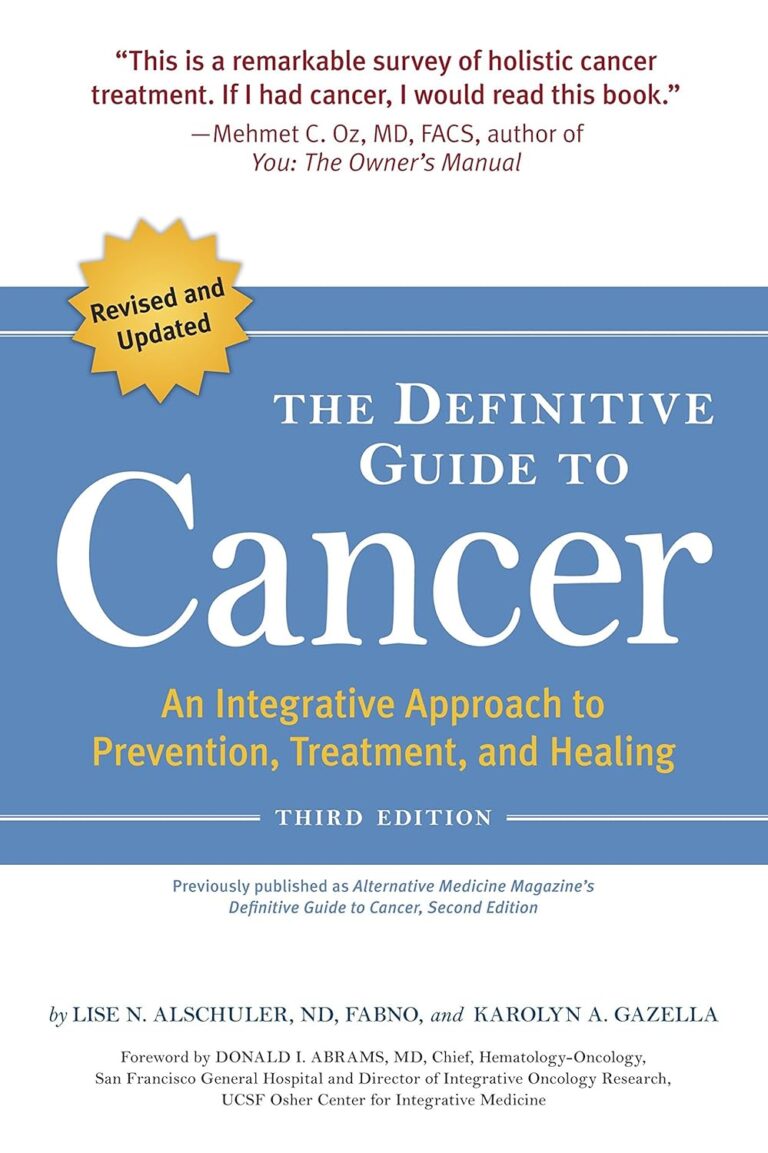

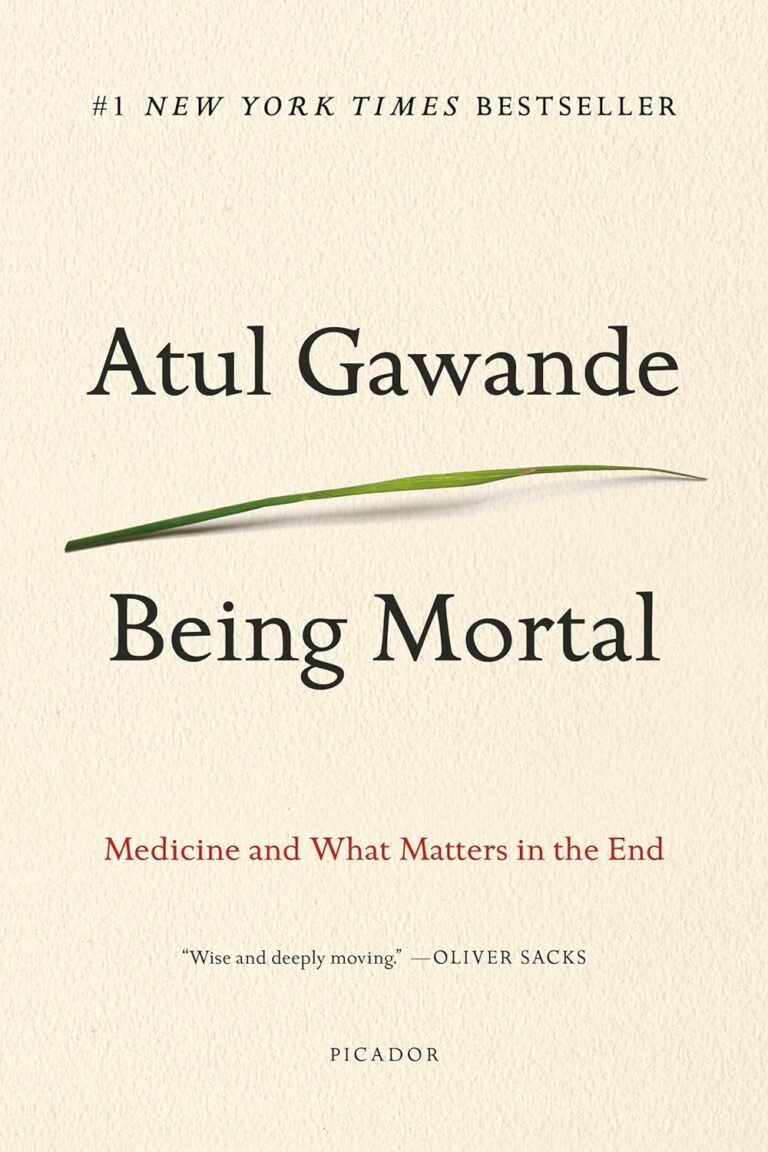

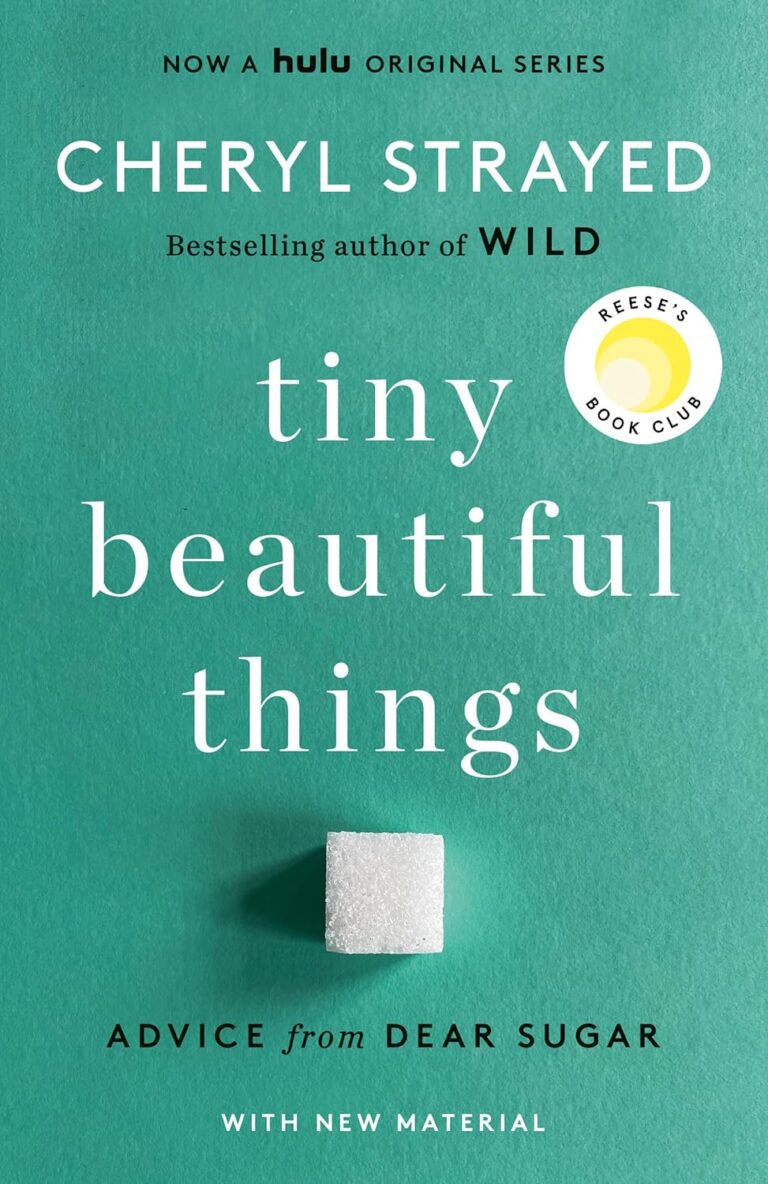
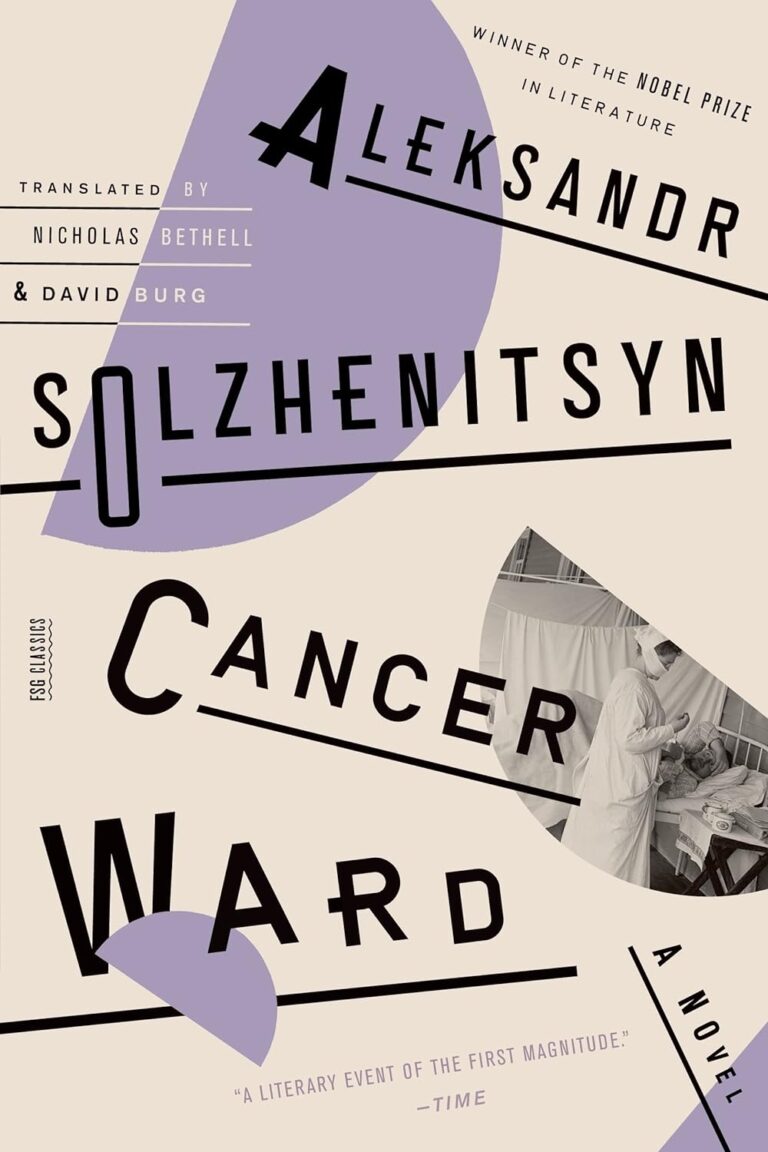
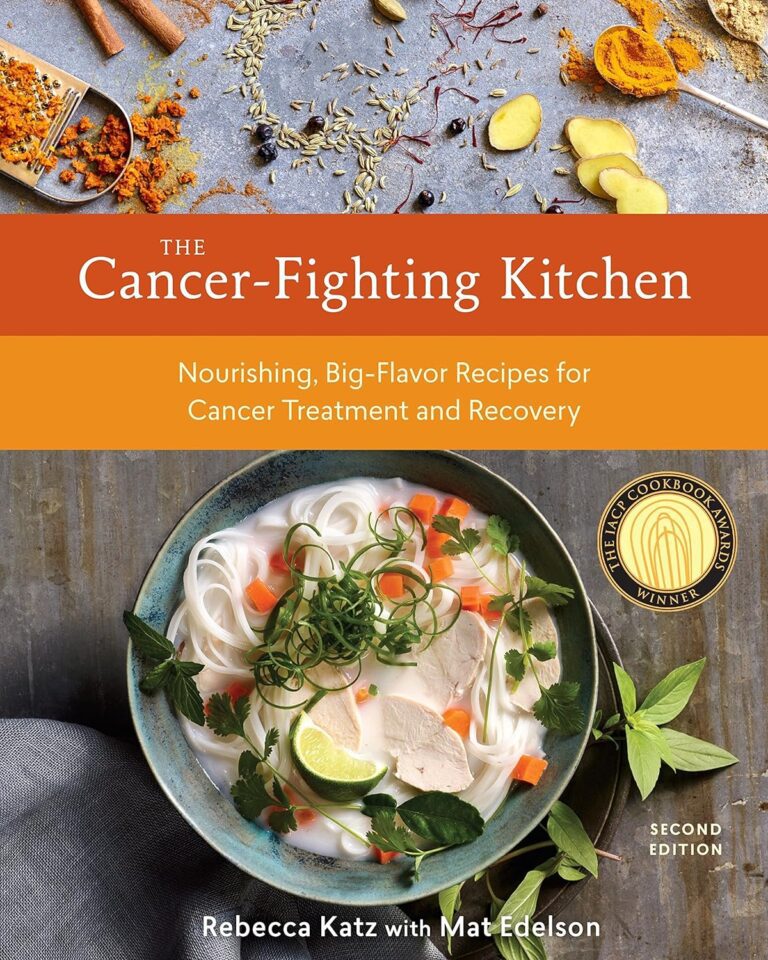
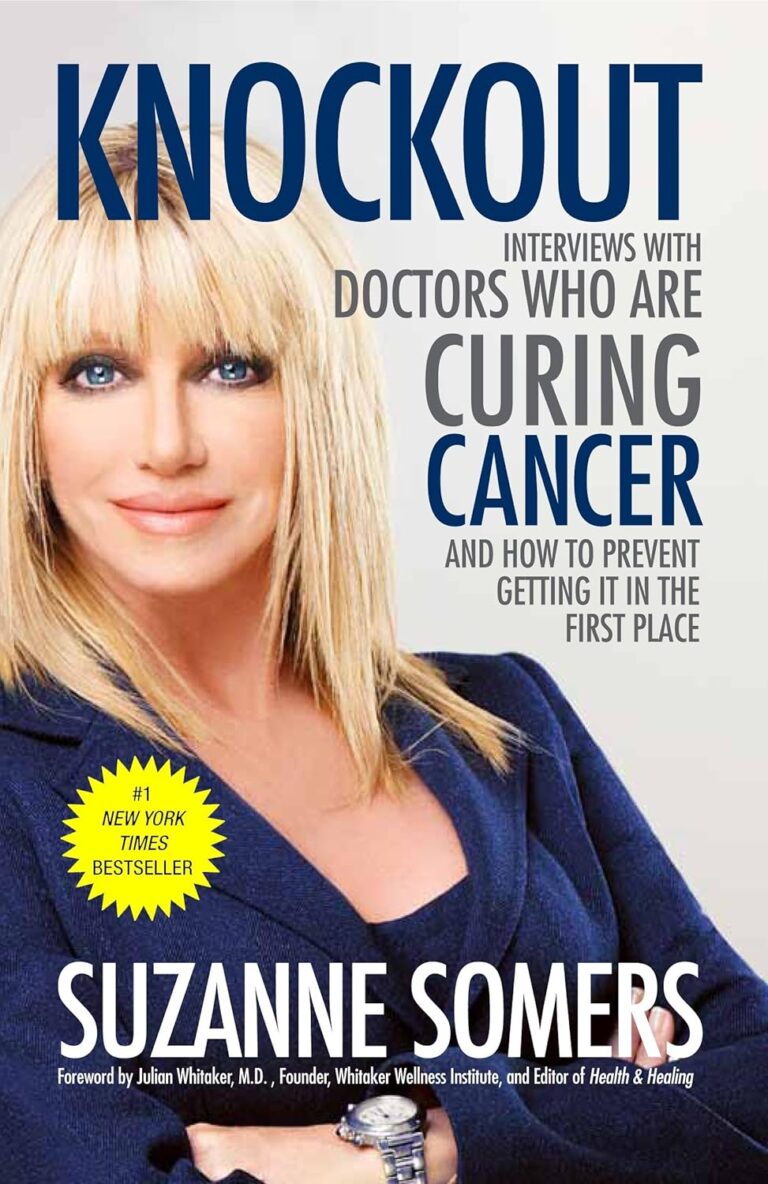

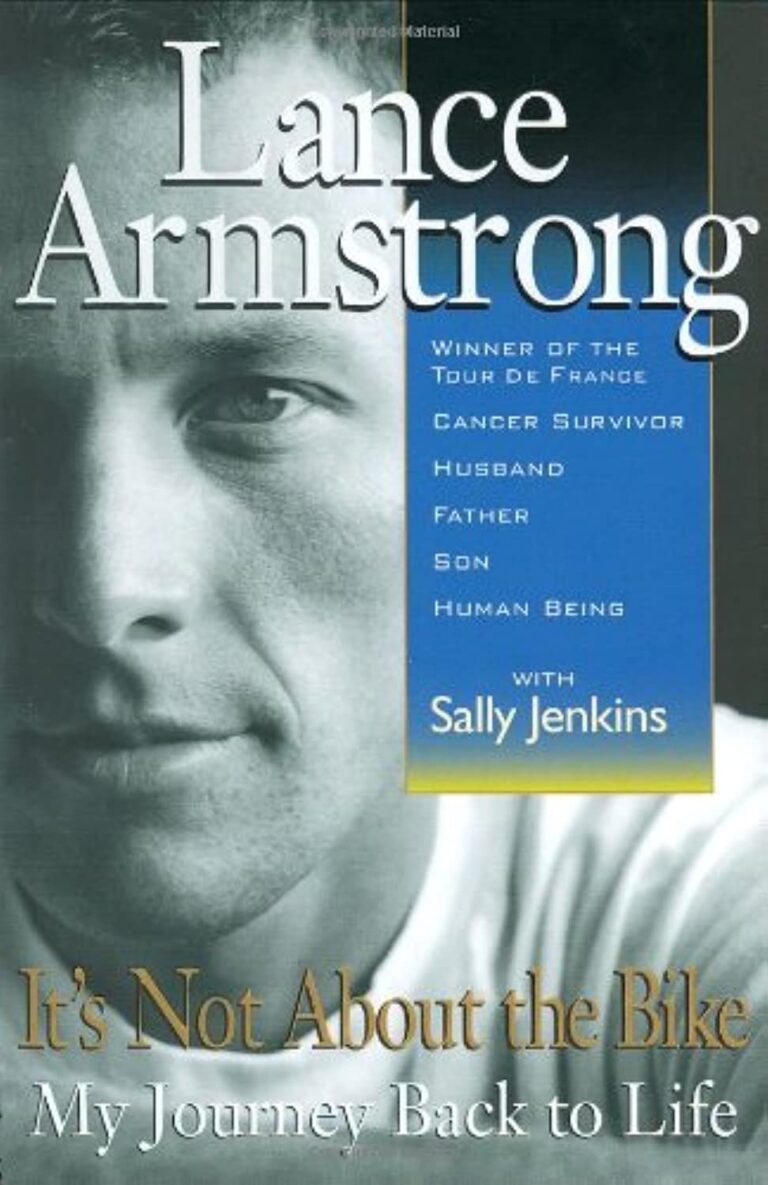

Comments
Thank you. Comment sent for approval.
Something is wrong, try again later